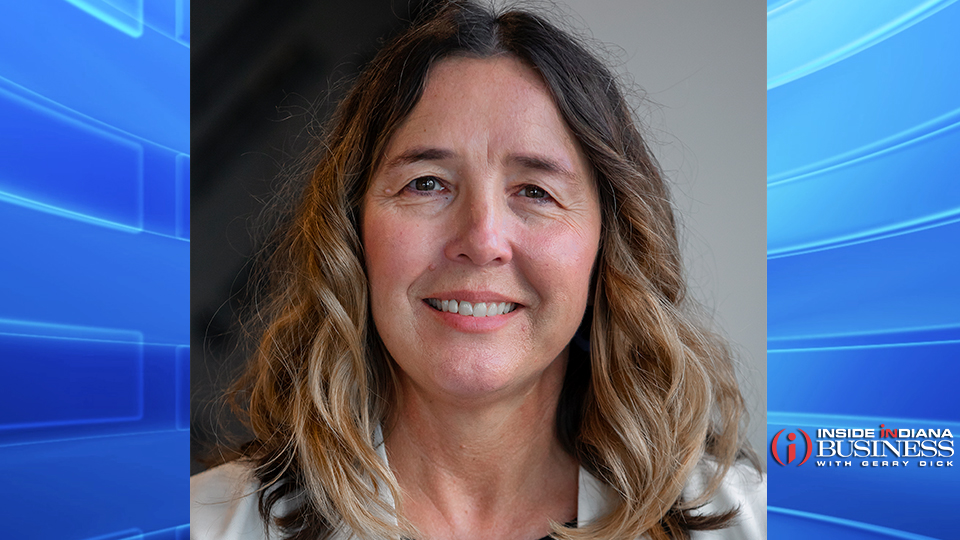Co-funders strengthen community health programs
Subscriber Benefit
As a subscriber you can listen to articles at work, in the car, or while you work out. Subscribe Now
As we are often reminded, Indiana ranks near the bottom of virtually every health-related national ranking. Whether it’s a study of overall health or a measure of specific health metrics, our state is among the worst.
A lot of organizations and initiatives work hard to address this problem, but one thing we know at Indiana University Health is that no standalone effort will improve the state’s health. Instead, success comes when individuals, organizations and governments join together to support multi-faceted solutions.
The good news is, the IU Health Community Impact Investment Fund (CIIF) is making that happen. CIIF makes approximately $9 million in grant awards annually for community-based projects that address social determinants (or as IU Health CEO Dennis Murphy refers to them, social “impediments”) of health, those social and environmental factors that overwhelmingly affect wellness.
One exciting development since we launched the fund is the interest we’ve seen from other local funders and philanthropists in coming alongside IU Health and “co-funding” these projects across the state. And these co-funders are also engaged in the project, not simply writing a check.
Since CIIF was created in 2018, IU Health Foundation, which administers the fund, has granted more than $20 million to initiatives from across Indiana—plus a critical $2.28 million contributed by co-funders.
Bringing a range of co-funders to the table is important for several reasons:
- Multiple funders can sustain a project if one source of funding goes away.
- Co-funders bring a variety of purposes and perspectives to a project.
- Proposal reviewers like to see more co-investors because each lends a stamp of approval to a proposed project.
- Projects are stronger when they are backed by diverse community stakeholders—including corporate, government and nonprofit entities.
- Pooled funding ensures everybody’s dollars go further.
One example of how co-funding or pooled funding has made all the difference is the Stride Coalition in south central Indiana. More than 50 state and community partners initially joined forces to address a community health problem: how to help people in crisis from substance use disorder and mental health challenges. The only solution at the time was to send people to jail or a hospital emergency department, straining law enforcement and healthcare systems and not offering the appropriate community response for someone experiencing a crisis.
Together, the coalition arrived at a solution: the Stride Center, a 24/7/365 crisis diversion facility where clients have the opportunity talk with staff who are trained in crisis de-escalation, become stabilized, and access resources that can help them get through the crisis. The center is not a shelter, but a safe place for those struggling with a mental health or substance use disorder.
The budget to launch the project over three years was $2.1 million. IU Health and the IU Health Foundation, through CIIF, committed to a combined total of $1.05 million over three years to support the launch and operation of the crisis center. Other local partners—including Cook Group, Bloomington Health Foundation, Community Foundation of Bloomington and Monroe County, Monroe County Council and Commissioners, Family and Social Services Administration, and the City of Bloomington—made up the difference, and the program was successfully launched.
Collaborations like these, fueled by CIIF and other funders, are addressing issues such as local food insecurity and nutrition, teen violence, the lack of employment training, barriers to transportation, childhood trauma, addiction and substance use disorders, and more. They are identifying and addressing issues specific to their communities. They are focusing energy and resources on root causes rather than short-term fixes.
By partnering with local organizations that were already working to address social impediments of health in their neighborhoods and communities, we reach beyond the walls of our facilities. We partner with local organizations who know their communities, understand their needs, and have developed innovative and effective solutions to address difficult and complex problems such as improving educational opportunities and outcomes, providing training to help people qualify for good-paying jobs, and helping those with substance abuse issues overcome their addiction and become productive members of society.
We believe the impact of this approach will be sustained well into the future thanks to the connections that are formed within communities, the local infrastructures that are created to address issues, and the demonstration to potential funders that these initiatives are not simply relying on one big grant to solve their problems.
By creating a fund that uses its earnings to support community-based health initiatives, IU Health acknowledges that solving Indiana’s health crisis is a long-term crusade that it cannot undertake alone. We demonstrate our commitment to the work of making Hoosiers healthier rather than just responding when they become sick or injured. Partnership is critical, including among funders and philanthropists. We can do more together – stretching our dollars further and multiplying our impact.
CIIF 2022 grantees and leaders from IU Health and community organizations recently celebrated at a series of events statewide. We look forward to celebrating with even more co-funders in the years ahead.
